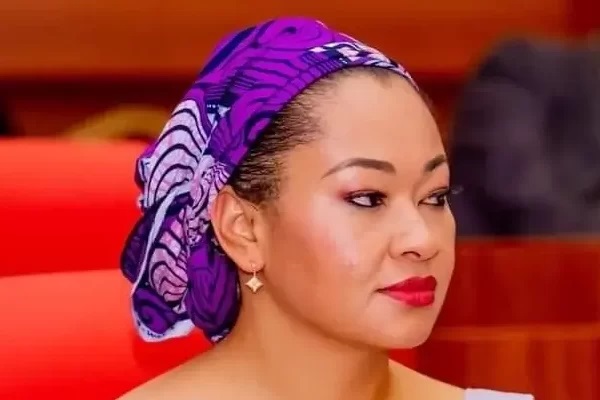Senator Natasha Akpoti-Uduaghan has strongly criticized the Federal Government, claiming it applies the law unevenly in her ongoing defamation case. She insists that the charges against her show selective justice and political persecution, pointing out that petitions she filed against her political rivals were ignored while her own statements were swiftly prosecuted.
Background of the Case
The case began after Senator Akpoti-Uduaghan made remarks during a rally in Ihima, Kogi State, and later on a television program. She alleged that Senate President Godswill Akpabio directed former Governor Yahaya Bello to orchestrate threats against her. These statements quickly drew legal action. The Federal Government filed six counts of criminal defamation under the Cybercrimes (Prohibition, Prevention, etc.) Amendment Act of 2024. She entered a not guilty plea and secured bail set at ₦50 million. Her legal team has since argued that the charges lack merit and were brought to intimidate her as an opposition voice.
Claims of Double Standards
Natasha maintains that while she faces court proceedings, her own petitions against Akpabio and Bello have not received attention. She says she previously reported incidents of harassment, threats, and the withdrawal of her security details. Despite this, no investigations or prosecutions followed. She believes this contrast shows the government’s selective use of justice and highlights a double standard in handling political disputes.
Legal Strategy and Objections
Her legal representatives, including Senior Advocates of Nigeria, have filed preliminary objections to dismiss the charges. They argue that defamation is primarily a civil matter, not a criminal one, and that the Attorney General lacks the authority to pursue such a case. In addition, they claim the courts lack jurisdiction under the Cybercrimes Act. By raising these objections, Natasha’s team hopes to show that her comments fall under protected political speech rather than criminal conduct.
Public Reactions and Political Implications
The trial has drawn widespread attention from civil society groups, women’s organizations, and free speech advocates. Supporters of Natasha argue that the government is targeting her to silence opposition and discourage women from pursuing political office. On the other hand, her critics contend that public figures should be held accountable when making serious allegations without proof. This division in opinion shows the delicate balance between free expression and accountability in Nigerian politics.
Looking Ahead
The outcome of this case could shape how Nigeria handles similar disputes in the future. If the charges are dismissed, it may strengthen protections for political speech and embolden other opposition figures to speak freely. However, if the trial continues, it could open the door to more criminal defamation cases against political critics. For Natasha, the stakes are high, but the broader implications for free expression and selective justice in Nigeria are even higher.
Conclusion
Senator Natasha Akpoti-Uduaghan’s defamation case highlights growing concerns about fairness in Nigeria’s legal system. By accusing the Federal Government of selective justice, she has placed the spotlight on how laws are applied in politically sensitive situations. The court’s decision will not only affect her career but could also set an important precedent for free speech and opposition politics in Nigeria.
Bonus Read: Dogara Says Tinubu’s Tax Reforms Offer Relief and Modernisation for Nigerians



